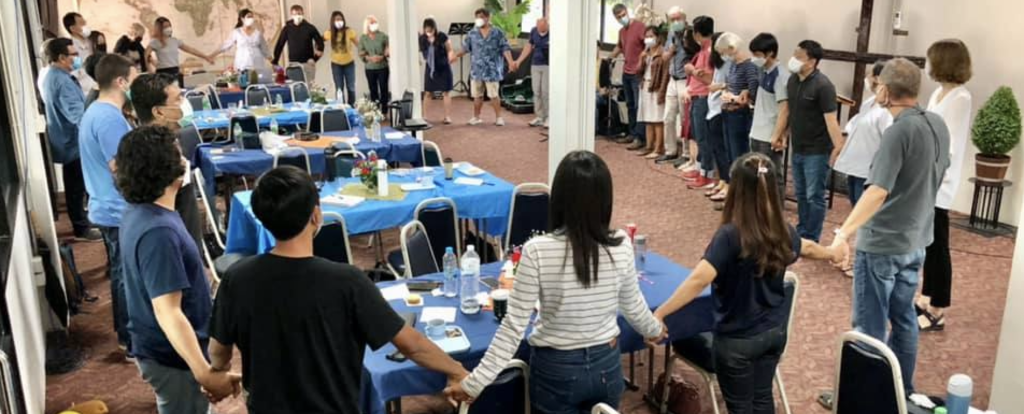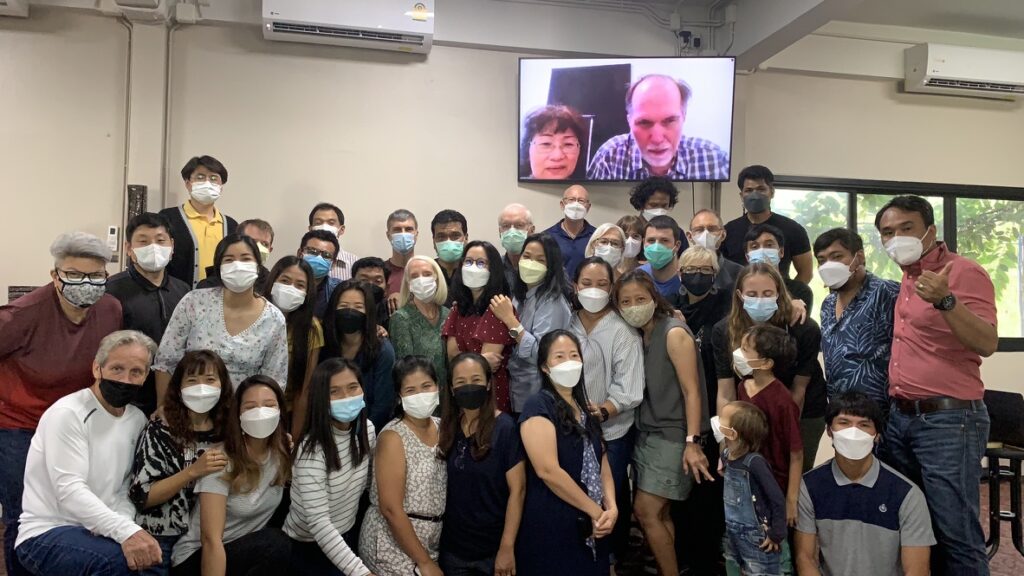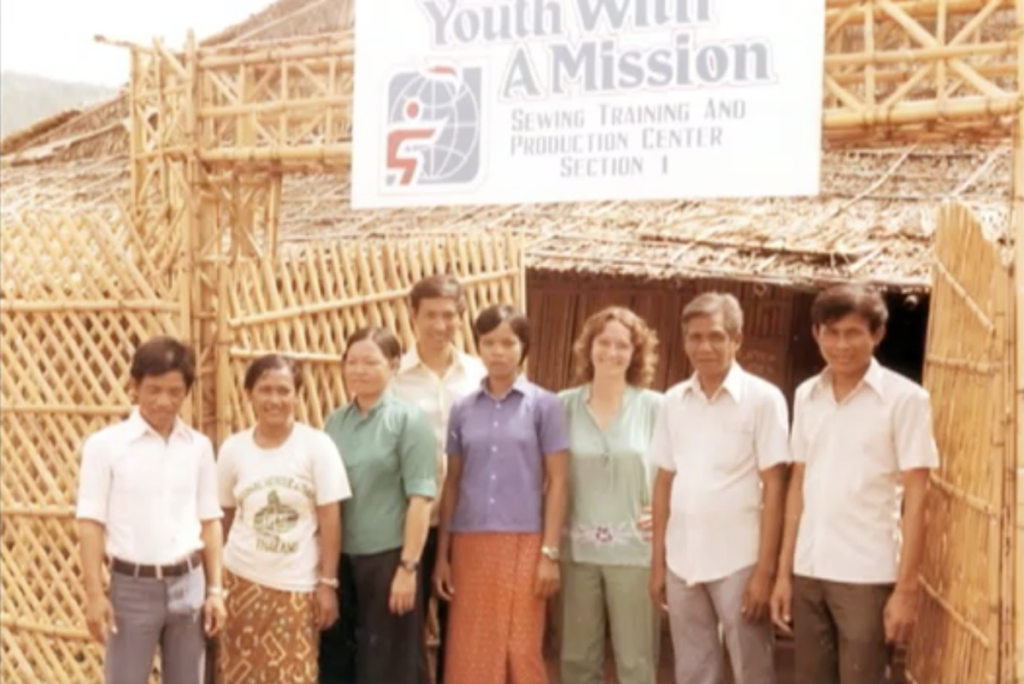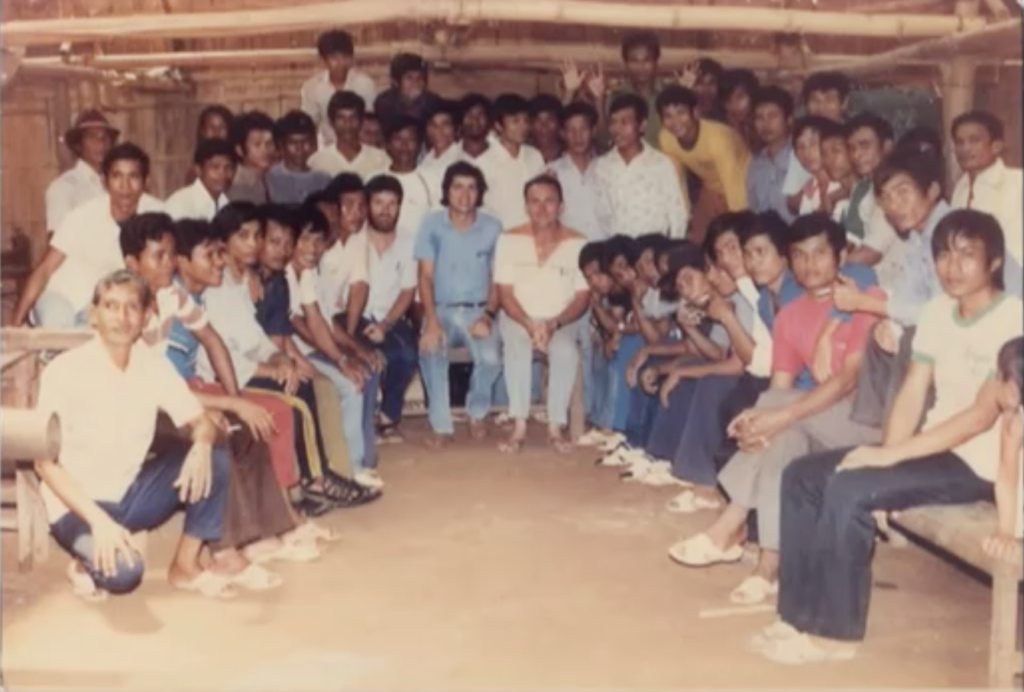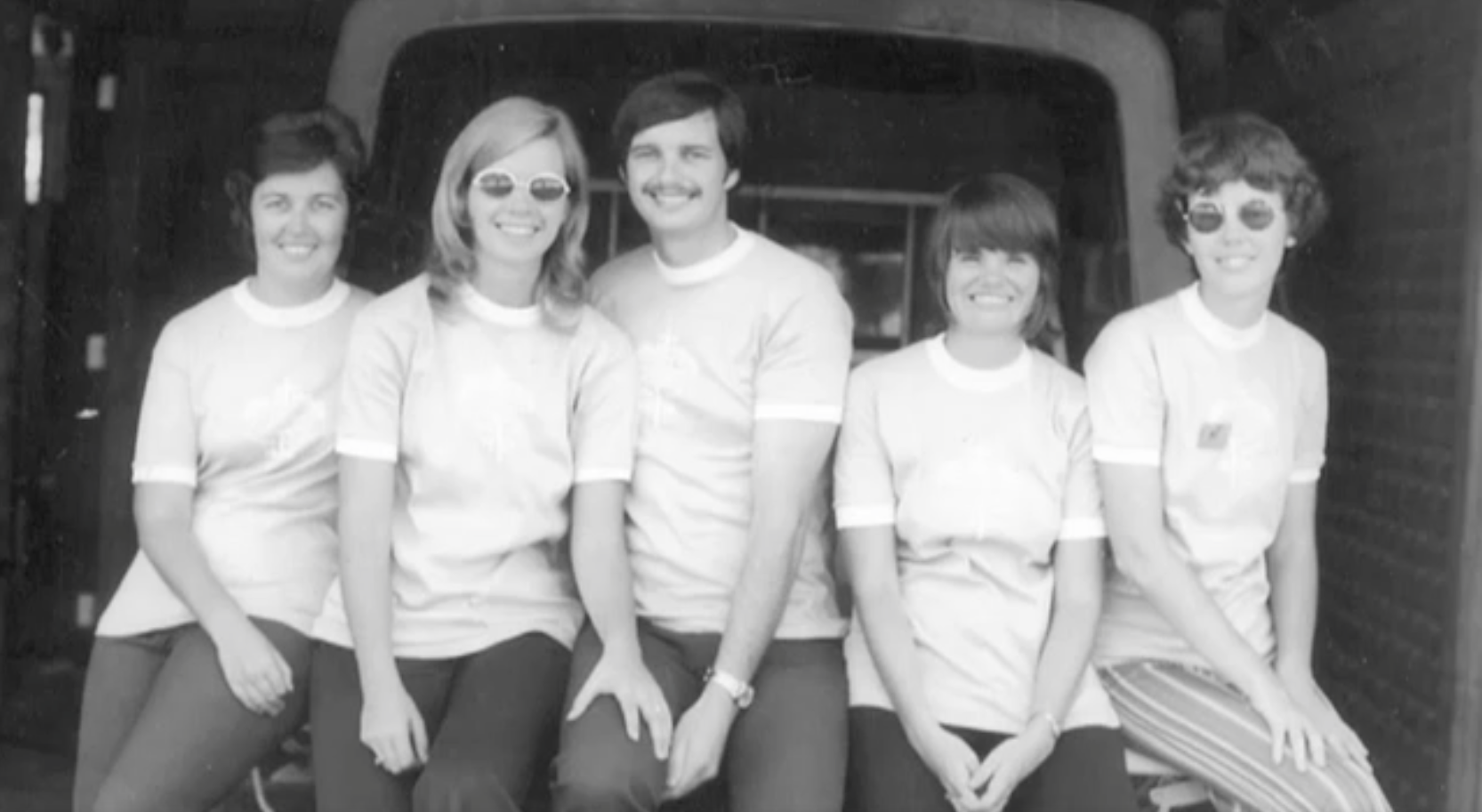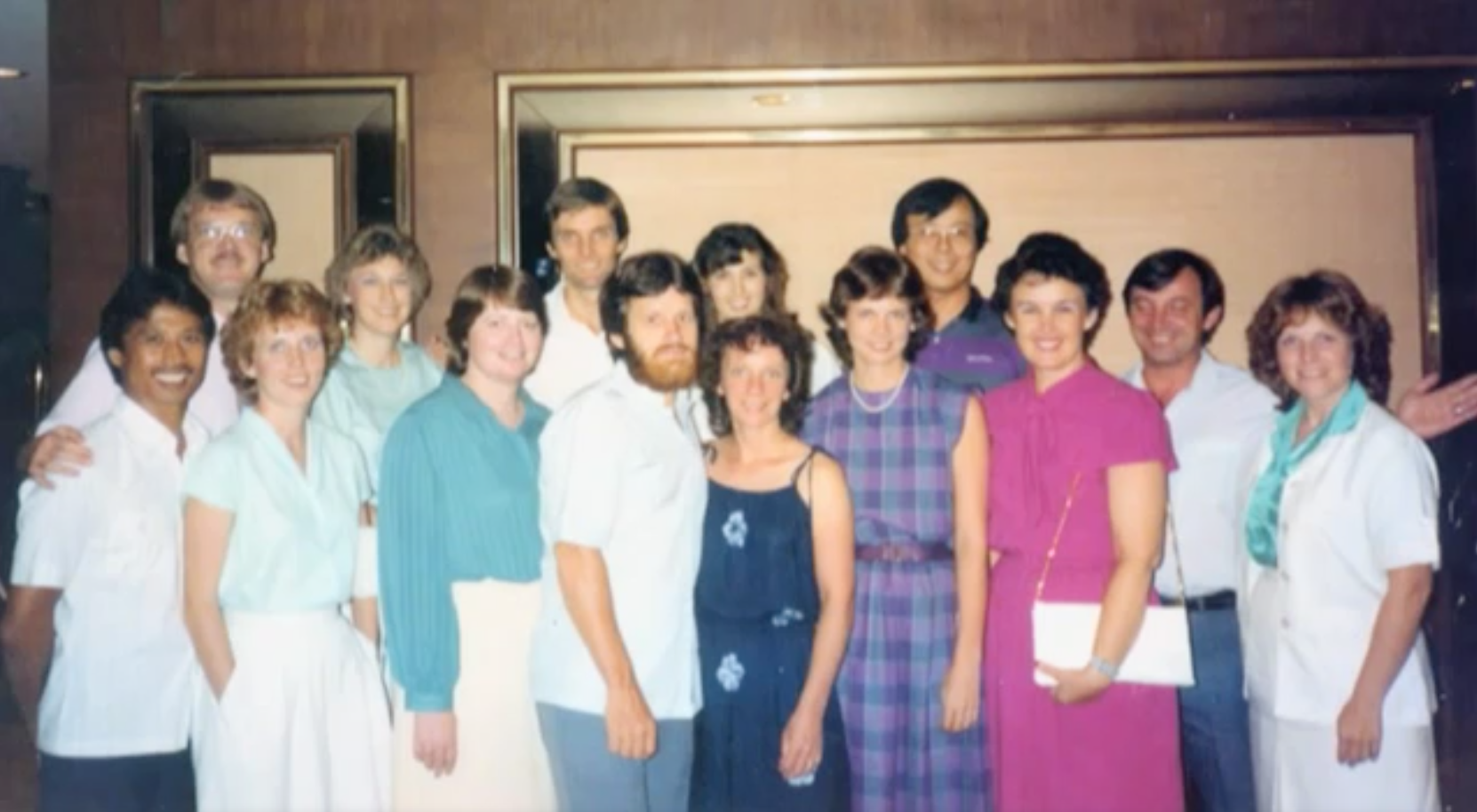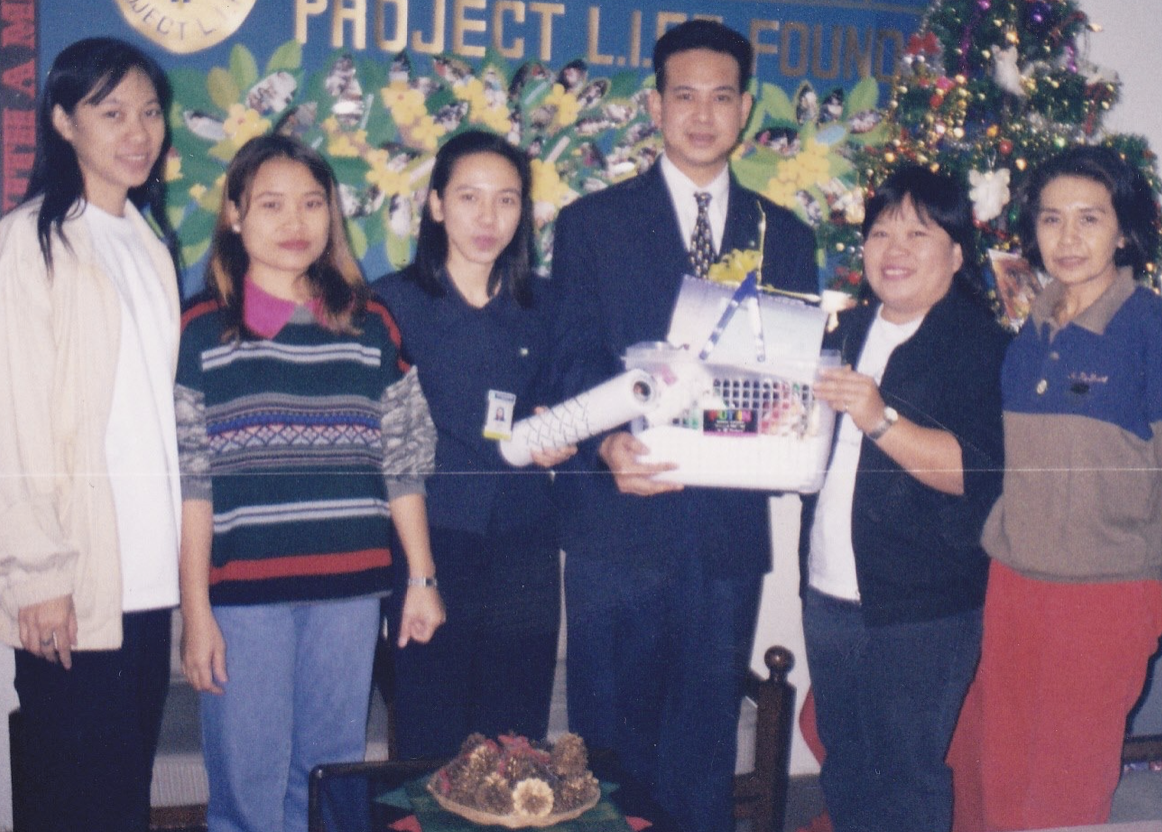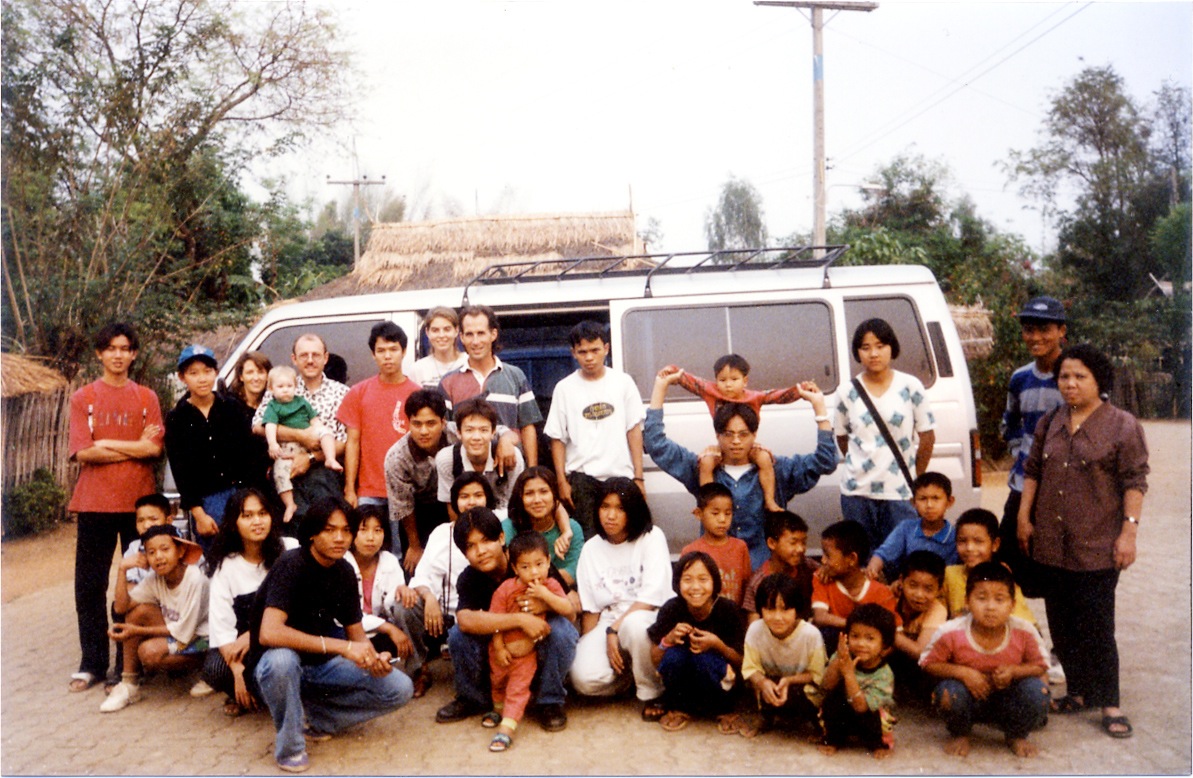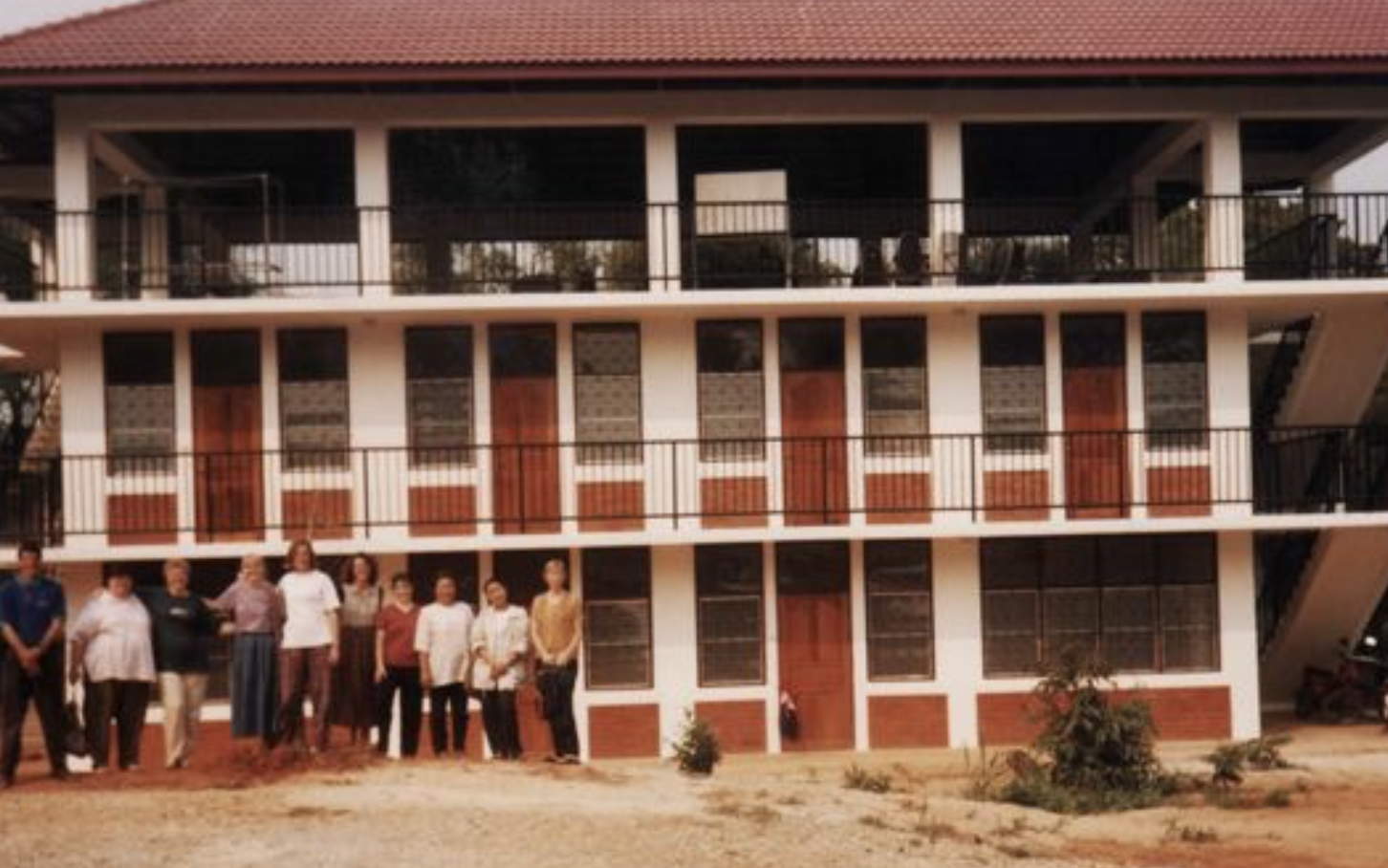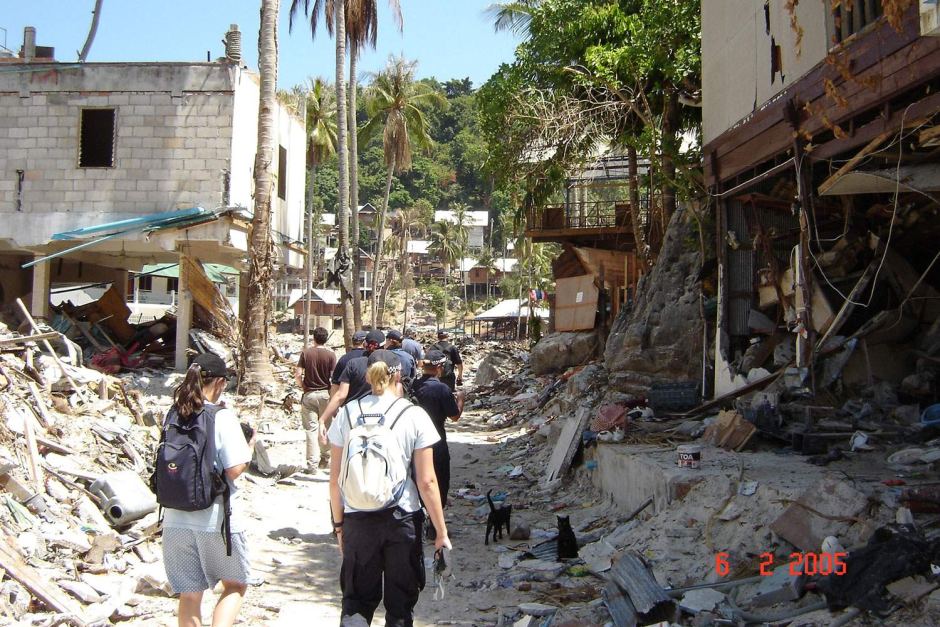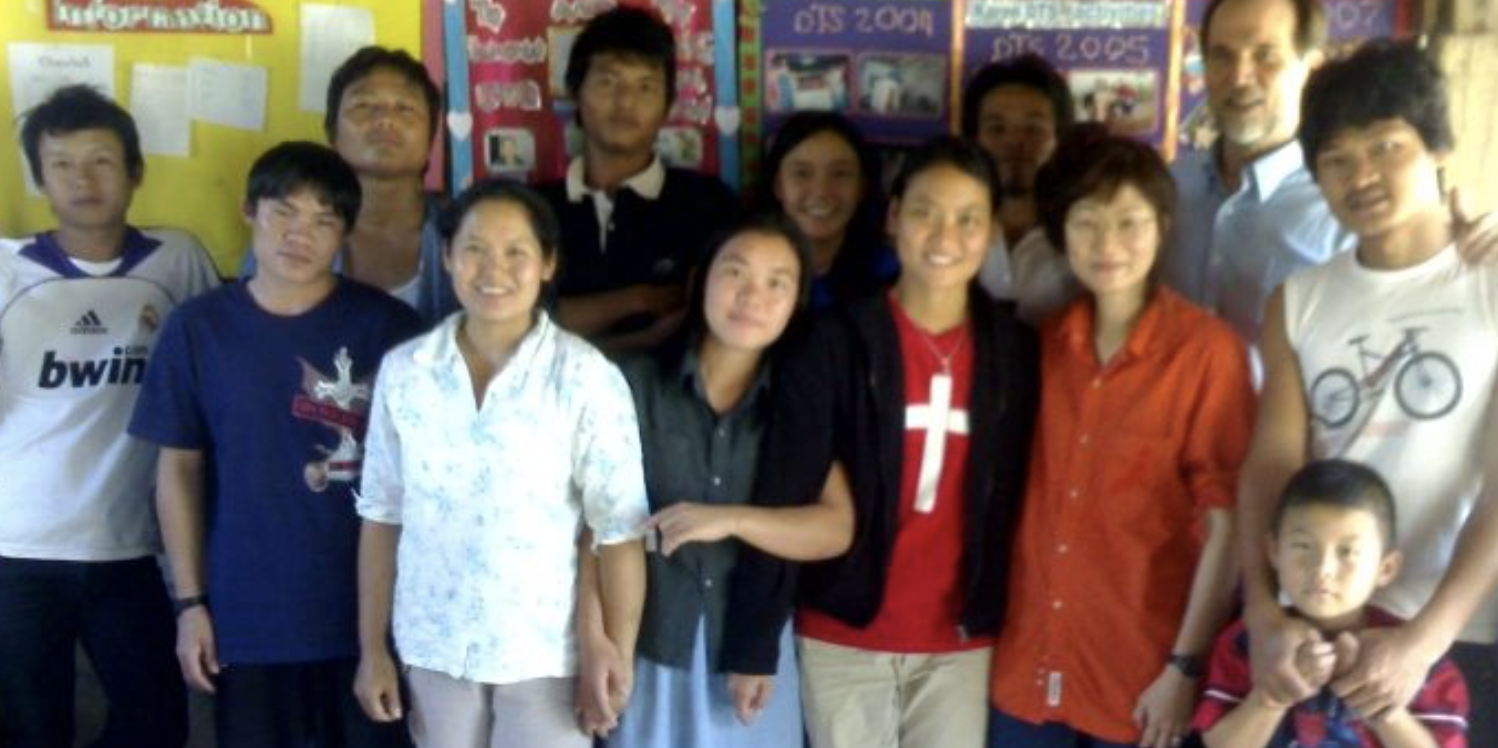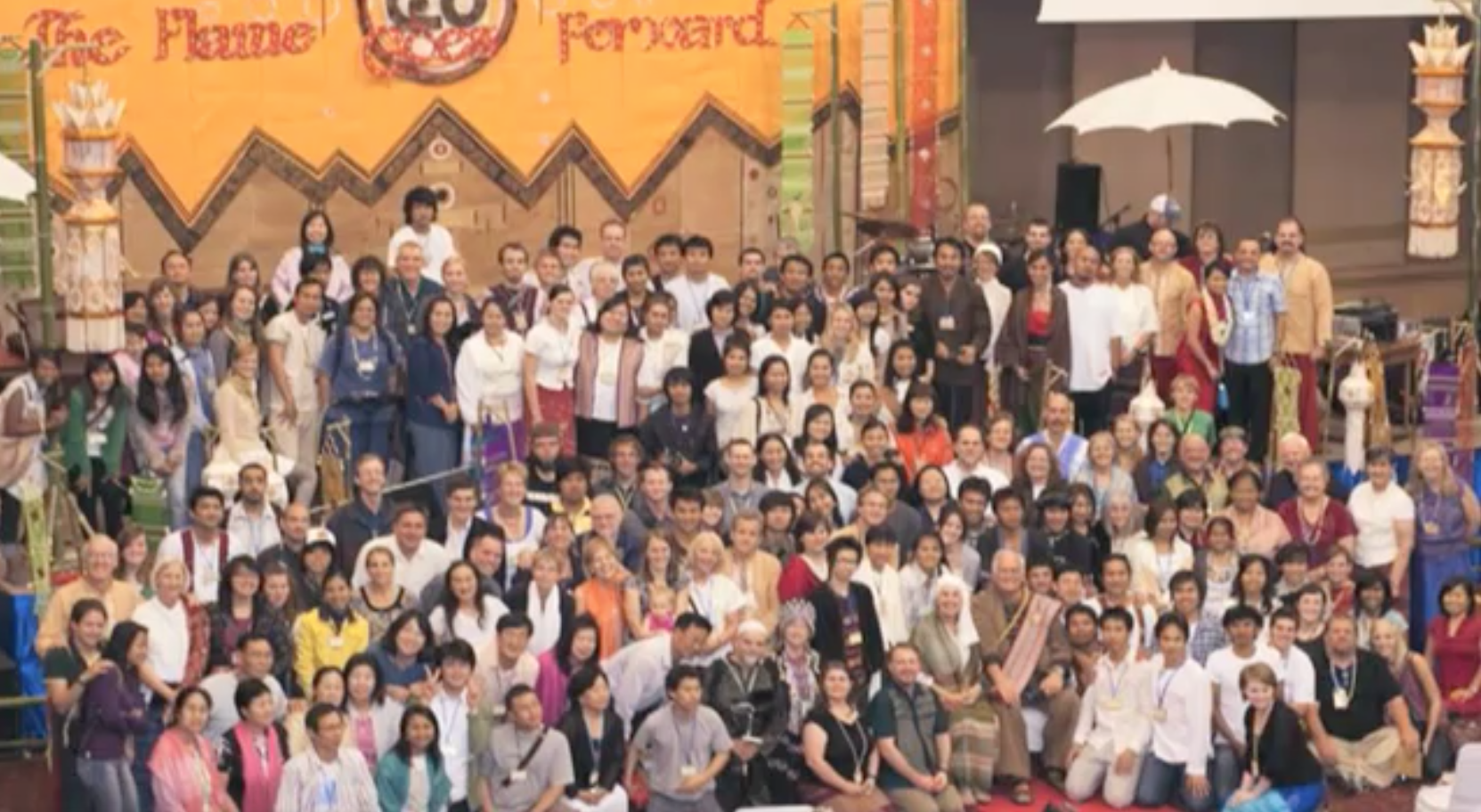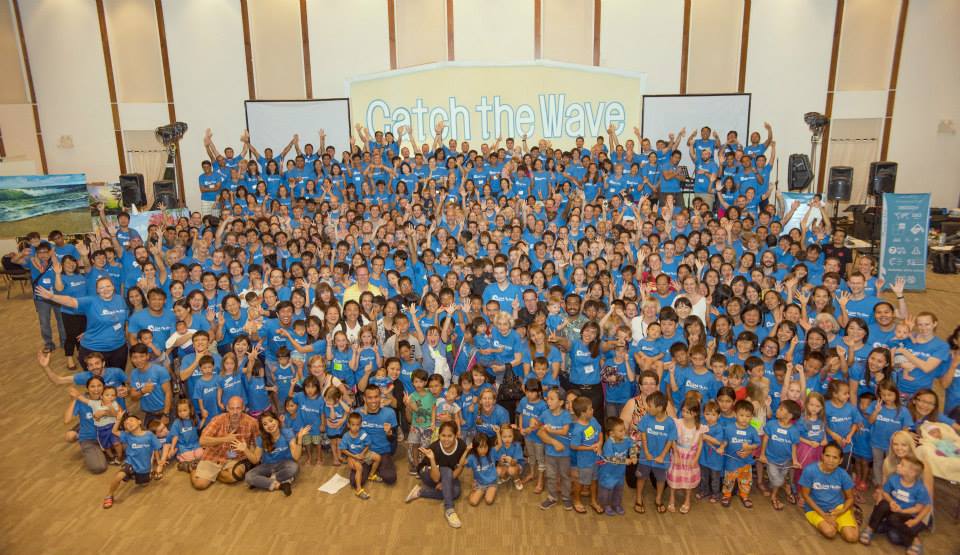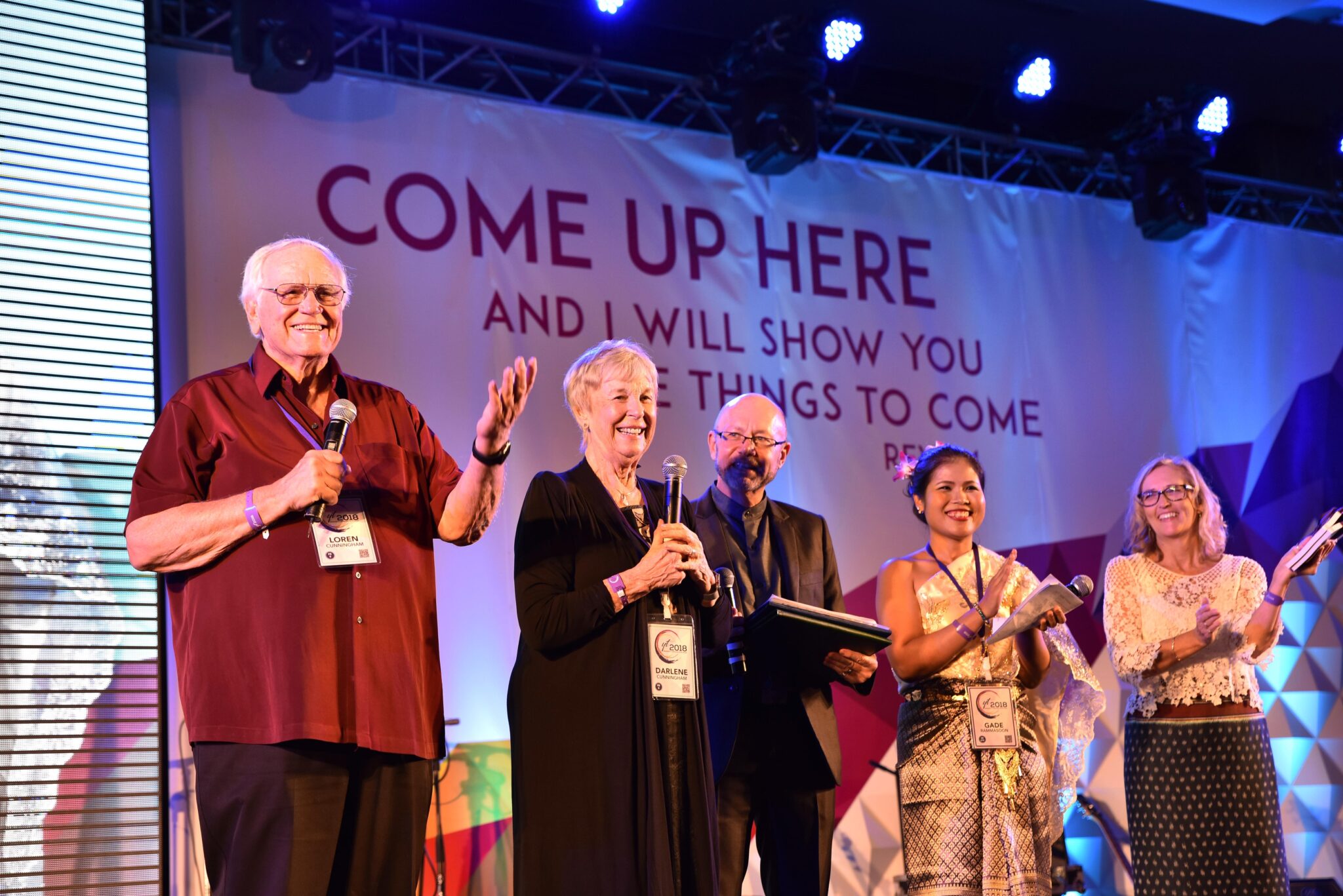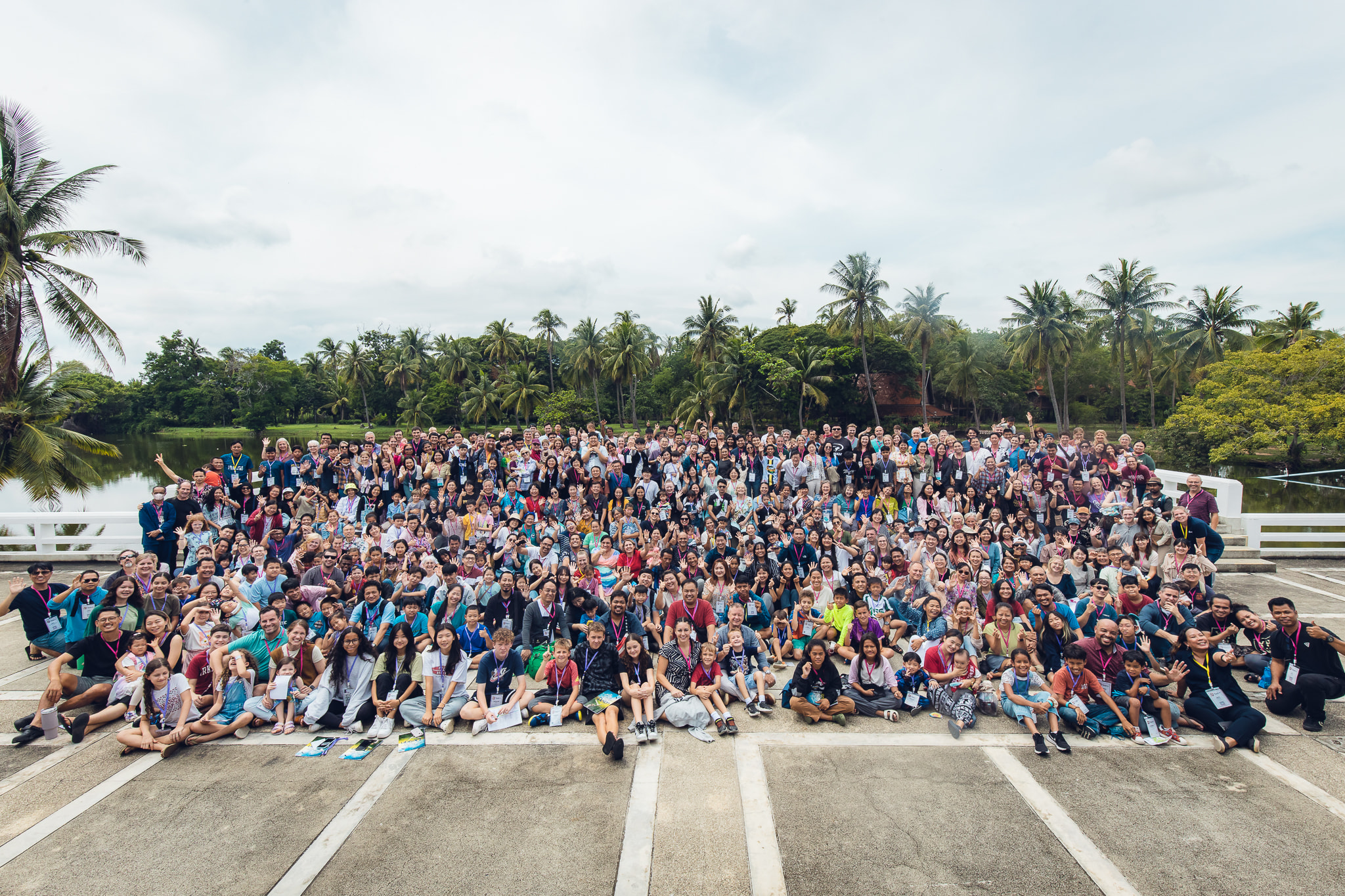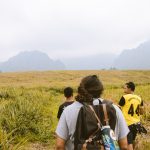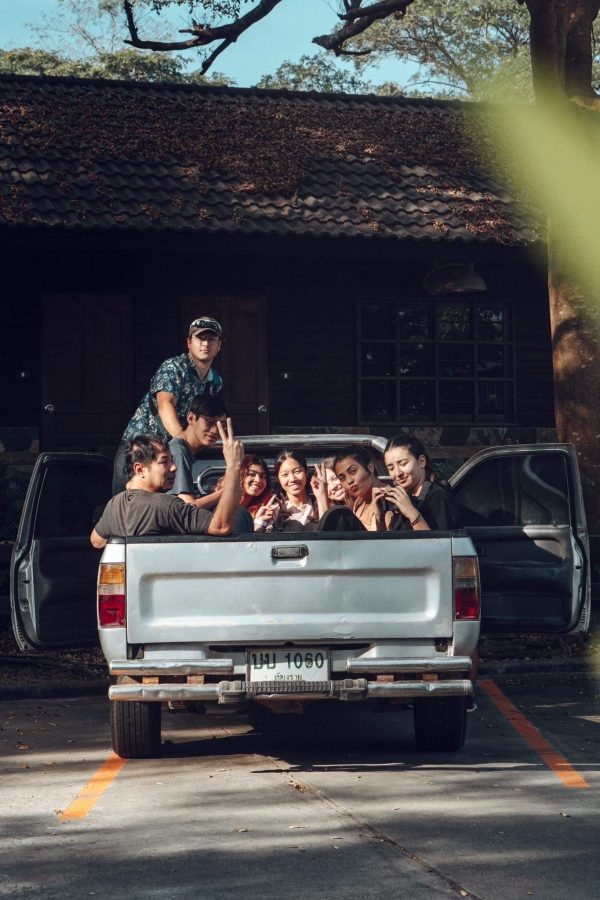HISTORICAL NOTE: This document includes the YWAM Statement of Purpose and the Core Beliefs and Foundational Values of Youth With A Mission.
The YWAM Statement of Purpose was written in the early 1960s. We purposefully never wrote a “Statement of Faith” because we are “an international movement of Christians from many denominations” and wanted simply to clarify why God had called this movement into being.
YWAM’s Core Beliefs and Foundational Values were birthed through a multi-decade process of hearing God and listening to one another. The process of identifying our values was initiated by Darlene Cunningham in 1985 at the time of YWAM’s 25th anniversary, in order to pass them on to successive generations. The document was then approved six years later by the International Council in 1991.
At that time the International Council (IC) was the recognized global eldership of the mission. Since that time the senior circle of global elders has functioned under several different names. First it was the International Council (IC). It was later called the Global Leadership Team (GLT) and then was known as the Global Leadership Forum (GLF). This body was disbanded in Singapore 2014 in order to put in place a flatter, movement framework at the trans-local level in the place of what was becoming an increasingly hierarchical organizational structure. Now there are many circles of spiritual eldership around the mission—many of them known as Area Circle Teams (ACTs). A senior group of elders has been convened by Loren and Darlene Cunningham and is known as the Founders’ Circle (FC).
Throughout these many decades, a primary role of the body of global spiritual elders (whether the IC, GLT, GLF or FC) has been to confirm, steward and safeguard the foundational documents of the mission. Though the FC does not have the governmental oversight of earlier leadership frameworks, it does carry this role of protecting and clarifying our foundational documents.
A history of YWAM’s Values, since first presented by Darlene in 1985 and approved by the IC in 1991, include updates by the GLT in 2003 and the GLF in 2011, 2014. The FC confirmed an update in 2017 during the UofN Workshop in Costa Rica regarding the inclusion of “Service” as one of our responses to our Core Beliefs; and an update in 2018 during YWAM Together in Thailand, which clarifies Value 15. At that same time this new format was adopted so that our Purpose, Core Beliefs, Foundational Values, and the supporting Scriptural references would be presented as a singular document. The above document, approved by the Founders’ Circle in May 2025, clarifies wording in the Statement of Purpose and Values 4, 7, 16 & 17. The January 2022 update was for minor grammatical edits.
This updated document plus the following six covenantal documents form the foundational documents of Youth With A Mission:
• 1988: The Manila Covenant,
• 1992: The Red Sea Covenant,
• 2002: The Nanning Covenant,
• 2010: The Jubilee Covenant,
• 2014: The Singapore Covenant, and
• 2014: The Covenant to End Bible Poverty.
YWAM’s identity and mission is further clarified by what we know as the “Four Legacy Words” given by God to Loren Cunningham through the years regarding the “alls” and the “everys” of our call. These are the major words of the Lord, which over our history have guided us and shaped our inheritance as a mission. They include
• 1. The Covenantal Vision of the Waves, which Loren received in June of 1956 in the Bahamas shortly before his 21st birthday.
• 2. The Call to Disciple Nations through the Seven Spheres of Society (1975),
• 3. The Christian Magna Carta (1981), and
• 4. The Commitment to End Bible Poverty Now (1967 & 2014).
All of these are rooted in the early days of the mission’s story, and we continue to grow in our understanding and application of these Four Legacy Words.
© 1991 Youth With A Mission; 2003; 2011; 2014; 2017; 2025; 2022.

